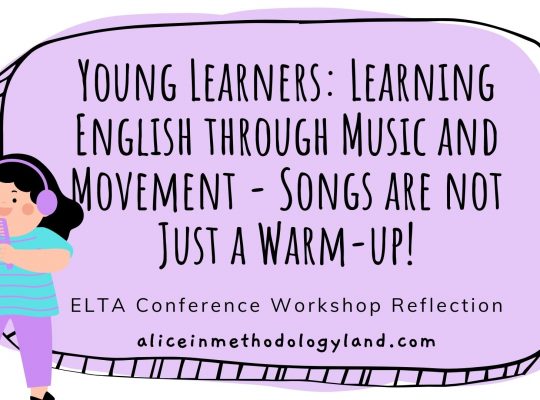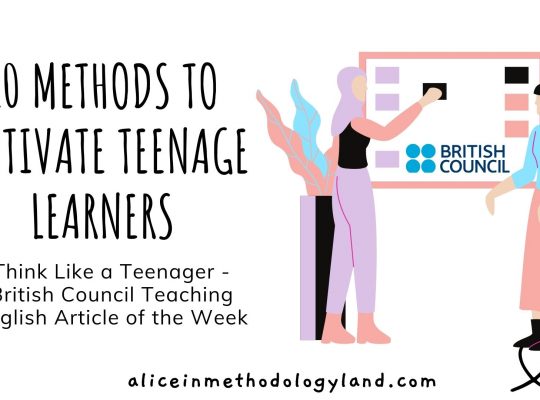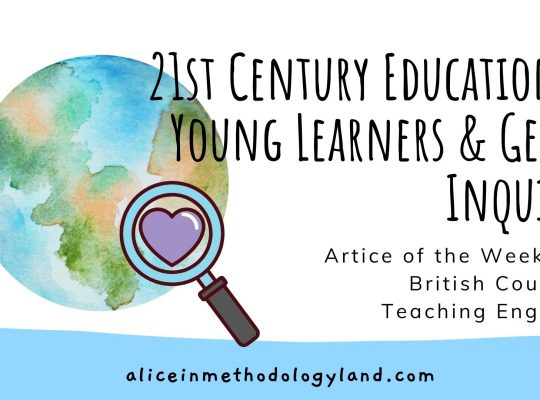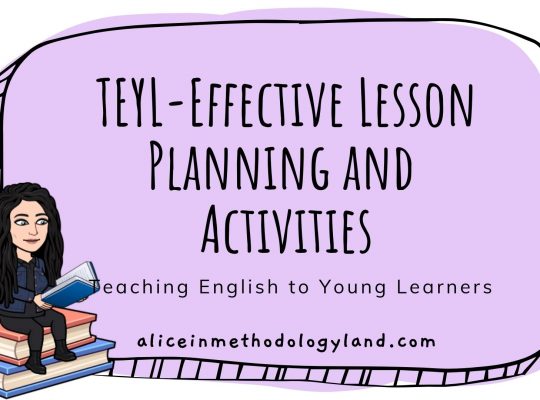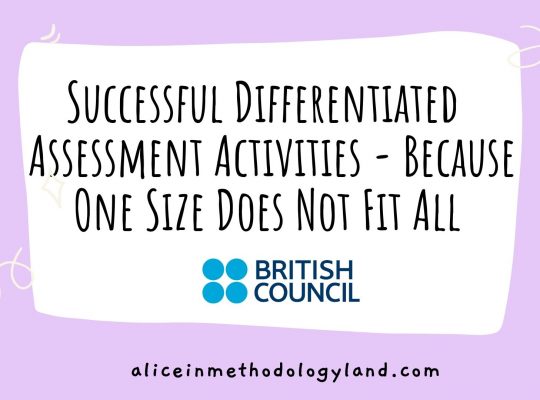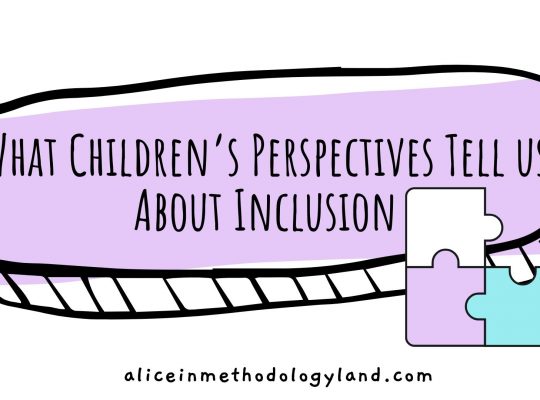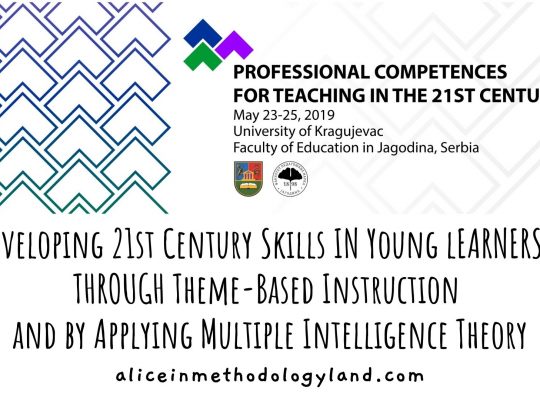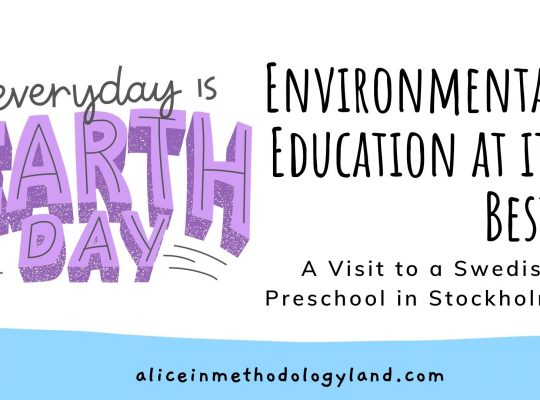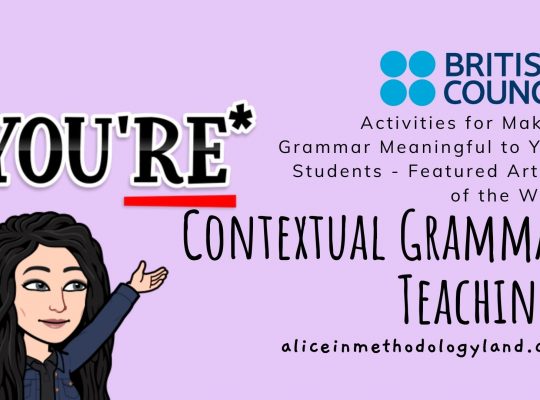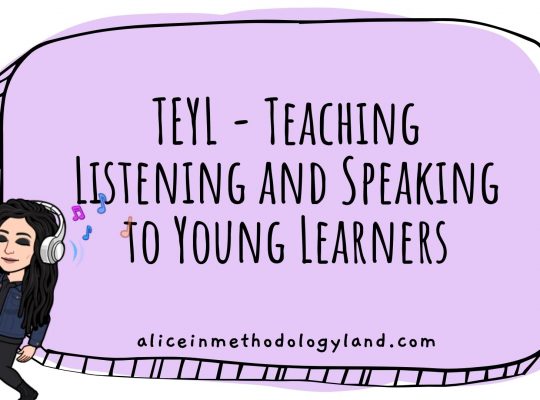Young Learners: Learn English through Music and Movement – Songs are not Just a Warm-up!
Why is music important, and can young learners learn English through music? Is it useful just in the warm-up part of the lesson, or can it be the focus of our lesson? Keep reading to find out how I facilitated an engaging music workshop. Then, let’s see what is learning English through music all about! …

